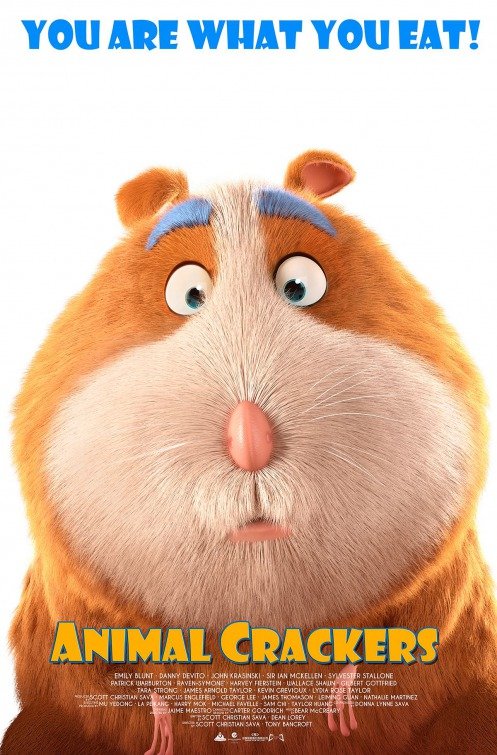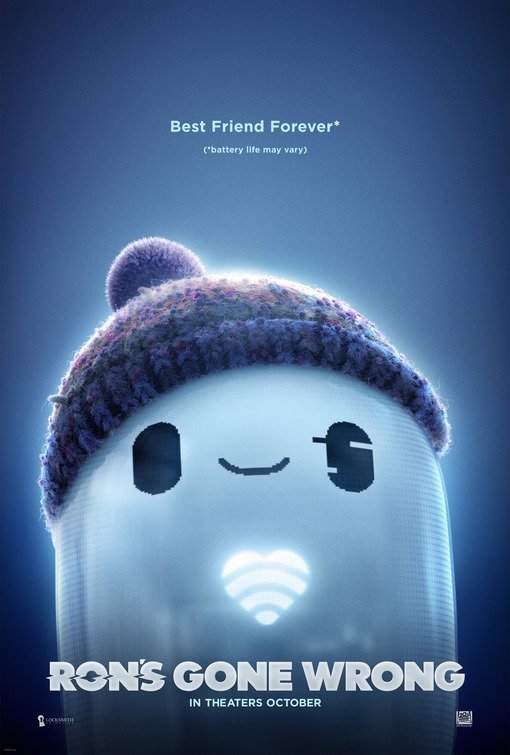
Just 8 Minutes on TikTok Increases This Risk for Women
By Movieguide® Contributor
A new study published in PLOS One Science Journal found that women who spend as little as eight minutes on TikTok per day will have an increased risk for developing an eating disorder.
The journal “surveyed 273 women ages 18 to 28 from July 2021 to October 2021 about their TikTok use,” PEOPLE reported Aug. 8. “Participants were also screened for symptoms of disordered eating, body image, their attitudes toward beauty standards, and risk for orthorexia, which according to the National Eating Disorder Association is ‘an obsession with proper or “healthful” eating.’”
Half of the women were shown “pro-anorexia” content on the platform. The other half were shown “neutral” content. All of the women were Australian.
“Researchers from Charles Sturt University in Australia found that the participants from both groups reported a decrease in body image satisfaction after viewing the content. However, in just 8 minutes, those who were exposed to the ‘pro-anorexia’ content had worse body image satisfaction and were more likely to internalize ideals of thinness,” PEOPLE said.
Those who were exposed to the pro-anorexia content suffered “immediate negative consequences” for their mental health.
This suggests “psychological harm can occur for young female TikTok users even when explicit pro-anorexia content is not sought out and when TikTok use is of a short duration,” said the study authors in a release.
“Because disordered eating content is so prevalent on TikTok, there was also the possibility that TikTok users in our study would be somewhat inoculated [to] its effect but that certainly was not the case,” Rachel Hogg, one study author, told NBC News.
According to the study’s conclusion, it proves that users may have psychological harm even when pro-anorexic content is not sought out and even when seen within a limited time frame.
The researchers believes there should be more controls and regulation from TikTok.
“There are current steps being taken to delete dangerous content, including blocking searches such as ‘#anorexia,’ however, there are various ways users circumvent these controls and further regulation is required,’” the researchers said.
A spokesperson for TikTok said that TikTok is “working to ensure users have a diverse and safe viewing experience, because what’s triggering for one person may be completely fine for another.”
Movieguide® recently reported how controlling digital health and can improve mental health:
Without proper digital health, “A constant feeding of the brain with negative news can significantly increase the risk of anxiety, fear, stress, and depression. An endless scrolling can also disrupt the sleep cycle and drain out energy. At the physiological level, an endless scrolling is associated with a constant supply of the brain with stress hormones like cortisol. Persistently high levels of stress hormones can exhaust the brain and body, leading to physical and mental health problems,” News Medical reported.
“The potential dangers of indiscriminate content consumption are not reliant simply on the volume or frequency of exposure,” Michael Moskowitz, CEO and founder of AeBeZe Labs, wrote in May 2020. “It is the nature of the materials themselves that matters most. When it comes to mental health, the contents of your content are key.”
So, how can you ensure you’re consuming a balanced digital diet? Integris suggests defining “your digital priorities.”
“Clearly identify your online priorities and values,” the group said. “What kind of content aligns with your interests, goals, and values? Focus on consuming content that enriches your life rather than detracts from it.”
Questions or comments? Please write to us here.


 - Content:
- Content: 

